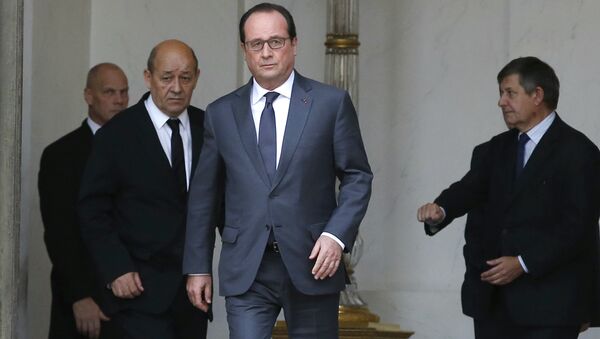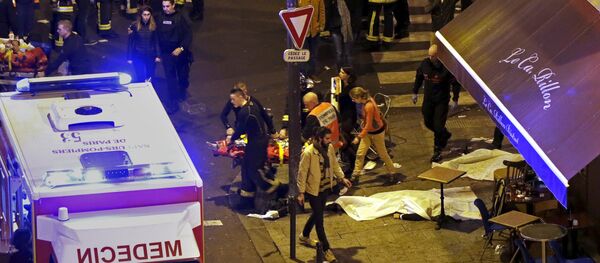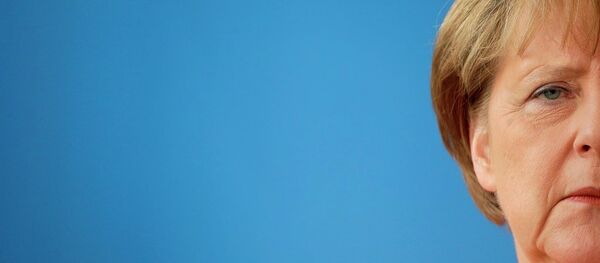Over the recent decades, France has taken a backseat to Germany in the European Union, but the crisis of the German model of ruling Europe – especially after the Paris attacks – could fuel struggle for dominance in the bloc, journalist James Poulos wrote.
"The French government has signaled that, on matters both economic and political, it will no longer be content with taking a backseat to Germany in the European Union. France has declared the Islamic State an outright enemy; more quietly, it has started treating German Chancellor Angela Merkel as a new type of adversary," he wrote.
France is responding to the national crisis by setting its national aspirations higher, and that might seem ironic, he added. But it entirely keeps with France’s national character and its traditional role in Europe.
"The security pact takes precedence over the stability pact," Hollande said at a joint session of parliament, vowing to spend whatever French security requires — however far in excess of EU deficit caps.
"Europe’s reigning ideology of Merkelism", a scrupulous approach to budgetary spending and commitment to EU rules, has long been a problem for the French public and political class, the article wrote for Foreign Policy read.
"More than the bad memories ushered in by German economic domination. The real danger to increased fiscal unity in Europe is the longing to live into a future where political ideas and political decisions once again are possible. Being political again means being free from the tyranny of economic considerations," the author wrote.
All of the above could lead to war, he added.
The national government in Brussels, where the EU institutions reside, said they could not control the situation in Molenbeek, the neighborhood linked to many terrorist plots, including the Paris atrocities.
"That shamefaced admission was an unforgiving analog of everything cumbersome, aloof, distant, ineffective, and weirdly dehumanized about the EU under German leadership, concerned as it is more about monetary and financial togetherness than unity of purpose on more fundamental political questions," the journalist claimed.
"What we are seeing is an increasingly authoritarian European Union that crushes democratic rights and then actually crows about it. Every single time there is a crisis, it is national democracy that loses," UKIP chief Nigel Farage said as quoted by the article.
But the EU’s British critics are marginal. A turn in France’s policy toward its people and against bankers’ restrictions would be a "decisive blow" to Merkel’s reign in Europe, the author concluded.





